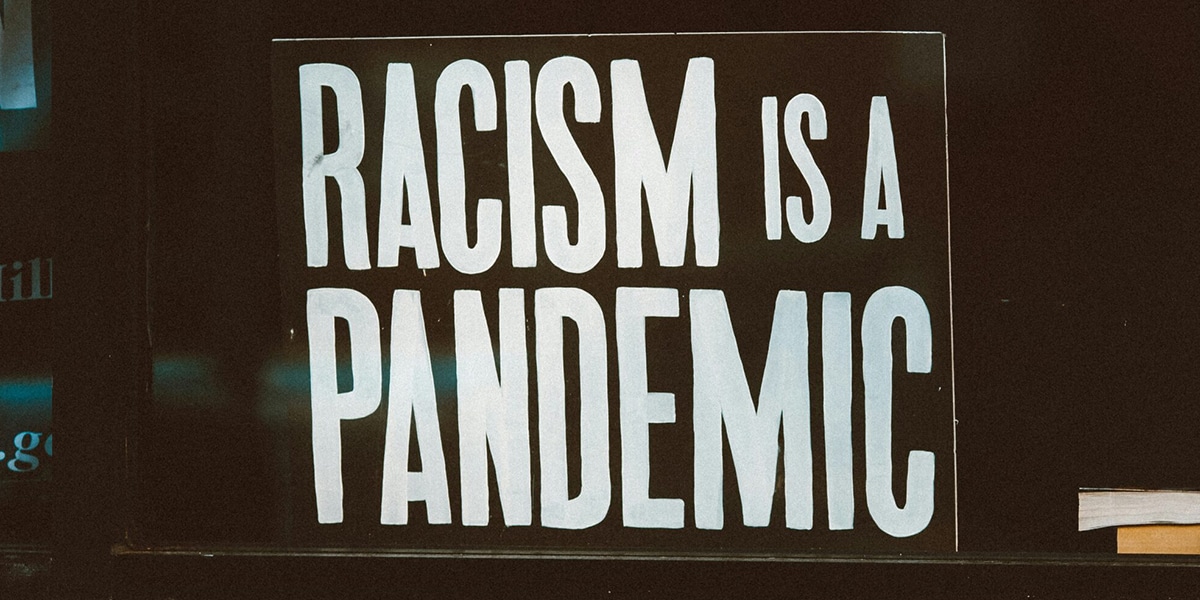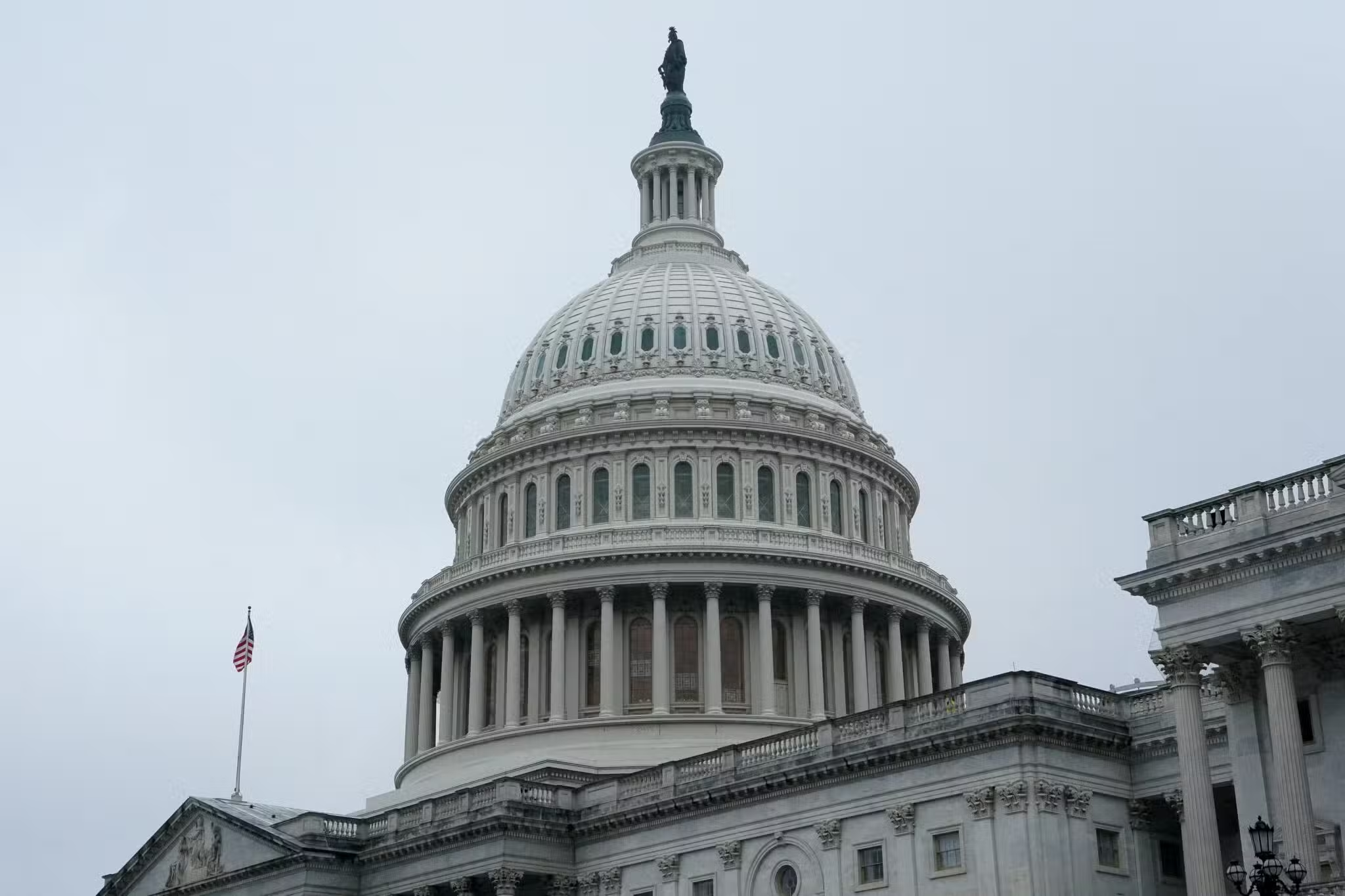We often hear people talk about the “sin of racism.” Books and articles describe racism as America’s original sin. We identify racism with events and actions like slavery or Jim Crow laws. But it’s still corroding our nation. The death of George Floyd in Minneapolis proves that.
Yet the Emancipation Proclamation—which freed slaves—while necessary and critical, did little to end racism. Robin DiAngelo wrote in her book White Fragility, “Race is an evolving social idea that was created to legitimize racial inequality and protect White advantage.” We first created an economic system based on slavery and inequalities and then developed the science and theology to justify the system.
In his book Stamped from the Beginning, Ibram X. Kendi wrote, “The beneficiaries of slavery, segregation, and mass incarceration have produced racist ideas of Black people being best suited for or deserving of the confines of slavery, segregation, or the jail cell.” In other words, we didn’t start with race; we created race to justify our system.
A Long and Bumpy Road
In 1967, President Lyndon Johnson created a commission to investigate the race riots that had been going on in Watts, Newark, Detroit, and elsewhere across the country. The Kerner Commission was tasked with answering the question of what happened. After all, we were only a few years removed from the passage of the Civil Rights Act. The commission consisted of eight White men, one White woman, and two Black men.
This was around the same time that Eldridge Cleaver released his book Soul on Ice, which became the manifesto of the Black Power movement. It was also the time that candidates started running on a new status quo motto of law and order. All 11 members of the commission, including the two Black members, had been openly hostile to the Black Power movement and openly embraced the law-and-order motto. Very little was expected from the commission.
But when the report was issued in February 1968, it shocked America by stating that “our nation is moving toward two societies, one Black, one White—separate and unequal.” Martin Luther King Jr. called the report a “physician’s warning of approaching death, with a prescription for life.”
Richard Nixon used the report to create the Republican Southern Strategy. Johnson used it to create more police intelligence units to spy on Black Power movements. Both Democratic and Republican members of Congress used the report to support increased federal spending on police weapons, training, and riot preparations. Most in power on both sides of the aisle used it to promote fear.
What’s in a Word?
These days, many of our political and religious leaders claim to not be racist. But in his 2019 book, How to Be an Antiracist, Ibram X. Kendi wrote: “What is the problem with being not racist? It is a claim that signifies neutrality. . . . But there is no neutrality in the racism struggle. The opposite of ‘racist’ isn’t ‘not racist.’ It is ‘antiracist.'” In other words, you are either part of the problem or part of the solution. Kendi adds that “there is no in-between safe space of ‘not racist.'”
Many White people believe that because they have a Black friend or coworker they cannot be racist. They believe that if Black people were more like White people, then everything would be OK. This idea was embraced by folks as diverse as Cotton Mather and Thomas Jefferson, Abraham Lincoln and many in the antislavery movement, and even Black leaders like W.E.B. Du Bois and Frederick Douglass.
It is an idea that is alive and well today. Just look at the reaction to the Black Lives Matter movement.
The Missteps of the Church
How did we get to this point? How, as people of faith, did our belief system become so convoluted that we would accept slavery and today racism? In 1840, the US Catholic bishops issued a statement on slavery. While some argued that the slave trade was immoral and wrong, others argued in favor of the institution of slavery. Bishop John England of South Carolina, in a letter to the secretary of state, argued that to do away with slavery would be a violation of religious freedom: a term we hear a great deal about today to justify discrimination against certain groups of people.
Over 100 years later, in 1958, the US bishops issued a statement calling racism a sin, “a moral evil that denies human persons their dignity as children of God.” But a few years later, when the civil rights movement was in full force, the Southern Christian Leadership Conference was planning demonstrations and marches in St. Augustine, Florida. Andrew Young and Martin Luther King Jr. reached out to Archbishop Joseph Hurley, the bishop there. He not only refused to help, but instead had all the parishes read a letter from the pulpit urging Catholics not to participate.
Bishop Hurley likely would never have thought of himself as a racist. German philosopher Dietrich Bonhoeffer said: “Silence in the face of evil is itself evil: God will not hold us guiltless. Not to speak is to speak. Not to act is to act.” Bishop Hurley chose not to act in the face of evil.
Challenging the System
We as Christians often claim to be outraged by racism. We talk about laws and regulations. We even occasionally reflect on our role in promoting the belief that one group of people is superior to another. But are we willing to challenge the system that promotes ingrained racism?
God became flesh not because the world is full of sin, but in order to transform the world into a communion of love centered in Christ. But as Albert Einstein warned, “The world will not be destroyed by those who do evil, but by those who watch them without doing anything.”








